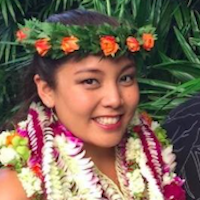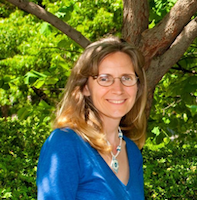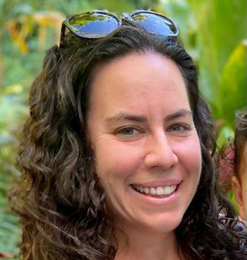- Watch: Full Session Recording (YouTube)
- Explore: Webinar Summary Resources
Ecosystem service assessments are a top priority at many reserves in the National Estuarine Research Reserve System. However, within ecosystem services research, there is a critical gap surrounding the equitable representation of cultural ecosystem services (CES) — one of four main categories of ecosystem services. The inclusion of CES in natural resource planning is critical, as they encompass the diverse suite of interactions between humans and the environment that maintain place-based values, worldviews, cultural identity, and well-being.
Through a catalyst grant, a project team worked with two sites in the Pacific - Heʻeia Reserve in Hawaiʻi and Kachemak Bay Reserve in Alaska - to advance the equitable representation of CES in estuary stewardship. In this webinar, three project team members discuss strategies implemented to deepen and expand the meaningful inclusion of CES in estuary stewardship and management. They share lessons learned in identifying and implementing CES in reserve management and in co-designing deliverables and approaches for end user needs.
Learn more about the speakers:
 | Puaʻala Pascua specializes in locally and culturally attuned approaches to natural resource management. In her current role as a Program Coordinator with the Hawaiʻi Conservation Alliance Foundation, she works alongside a network of community partners to advance community-centered stewardship and restoration efforts that honor place-based knowledges, practices, relationships, and processes. | |
 | Eleanor Sterling is the Director of the Hawaiʻi Institute of Marine Biology at the University of Hawaiʻi Mānoa within the School of Ocean and Earth Science and Technology. A scientist with interdisciplinary training, she currently focuses on the intersection between biodiversity, culture, and languages; the factors influencing ecological and social resilience; the development of indicators of well-being in biocultural landscapes, and engaging with Indigenous marine management approaches. | |
 | Rachel Dacks is a researcher at the Hawaiʻi Institute of Marine Biology at the University of Hawaiʻi Mānoa. She is an interdisciplinary scientist, whose research, guided by local values and perspectives, explores place-based solutions to pressing problems involving the human dimensions of natural resource management in marine and terrestrial systems in Hawaiʻi and across the Pacific Islands. She uses a variety of qualitative and quantitative methods, some of which she has shared (and learned) as part of the Catalyst Project. | |